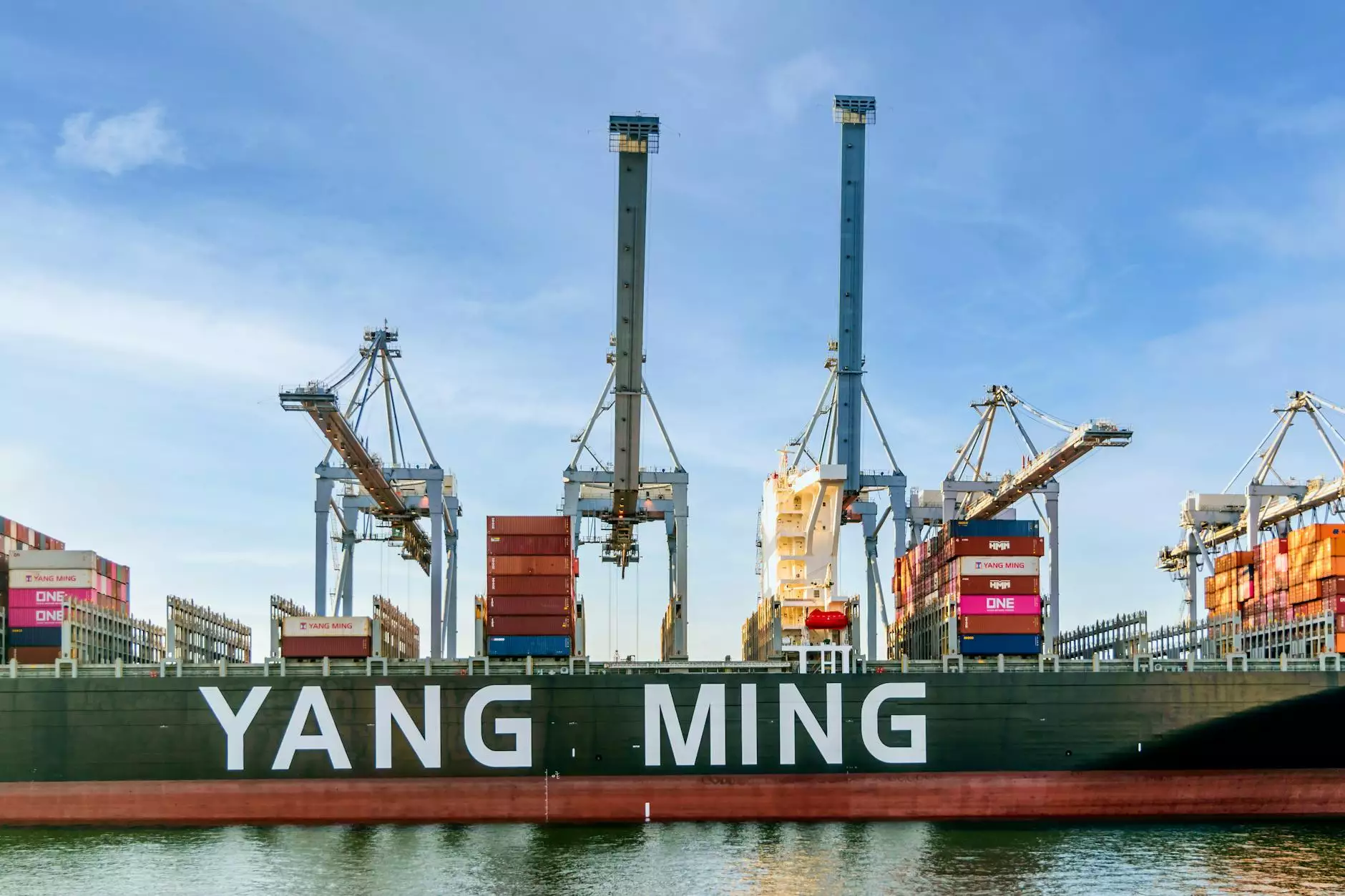Understanding Air Freight Costs per kg: A Comprehensive Guide

Air freight is a vital component of global trade and logistics, allowing businesses to ship products quickly and efficiently across great distances. When considering air freight, one of the most significant aspects for businesses is the air freight costs per kg. Understanding these costs is essential for companies looking to optimize their shipping strategies and maintain their competitive edge.
What Is Air Freight?
Air freight refers to the shipment of goods via air transport. This method is renowned for its speed and reliability, making it an ideal choice for sending high-demand products, perishable goods, or items that are time-sensitive. The air freight industry has grown significantly, propelled by the rise of e-commerce and global trade, making it essential to understand the costs associated with this service.
Factors Influencing Air Freight Costs
Several variables impact air freight costs per kg, making it crucial for businesses to grasp these factors to budget accurately. Here are the primary elements that determine air freight pricing:
- Weight and Volume: Generally, air freight costs are calculated based on the greater of actual weight or volumetric weight. Understanding how these weights are calculated can help you choose the most economical shipping option.
- Distance of Shipment: The distance between the origin and destination affects the overall shipping cost. Longer distances result in higher costs due to fuel consumption and time required for transport.
- Nature of Goods: Certain products may incur additional costs due to their nature—hazardous materials, perishables, or oversized items may attract extra fees, impacting air freight costs.
- Seasonality: Demand fluctuations during peak seasons can lead to increased rates. For instance, during holidays, many businesses experience a surge in shipping, which can drive up costs.
- Carrier Services: Different airlines offer varying levels of service, including express and standard shipping. Premium services often come with a higher price tag but can substantially reduce shipping time.
Calculating Air Freight Costs
To better understand air freight costs, businesses must be familiar with how charges are assessed. The calculation typically follows the formula:
Air Freight Cost = Shipping Rate x Weight (kg)
However, as mentioned, the actual cost can vary based on the volumetric weight, which is calculated as follows:
Volumetric Weight = (Length x Width x Height) / Dimensional Factor
Typically, the dimensional factor is either 5000 cm³/kg or 6000 cm³/kg, depending on the airline’s policy. Businesses should ensure they calculate both actual and volumetric weights to identify the most economical option.
Understanding Different Cost Structures
Air freight pricing structures can vary significantly among different service providers. Here are a few types of common cost structures:
- Flat Rate Pricing: Some carriers offer a flat rate for shipments under a certain weight limit, making budgeting simpler.
- Tiered Pricing: This pricing model involves different rates for different weight ranges. As the weight increases, the cost per kg may decrease, incentivizing larger shipments.
- Dimensional Weight Pricing: As previously stated, many airlines charge based on dimensional weight, making it essential to calculate both weights when estimating costs.
Additional Fees to Consider in Air Freight
When calculating air freight costs, it's essential to account for additional fees that might apply. These could include:
- Fuel Surcharges: Fluctuating fuel prices often mean that carriers will add a surcharge to cover increased costs.
- Security Fees: Additional costs related to screening and securing the cargo may also apply.
- Handling Fees: Charges for loading and unloading goods at ports or airports must be considered.
- Peak Season Surcharges: As demand peaks, additional surcharges might apply during busy shipping times.
Choosing the Right Air Freight Service
With numerous air cargo options available, selecting the right air freight service can be daunting. Here are key considerations to ensure you make the best choice:
1. Assessing Delivery Speed Needs
Evaluate how quickly you need your goods to arrive and choose a service that meets those requirements. If speed is critical, consider express services, despite their higher pricing.
2. Evaluating Carrier Reputation
Investigate carrier reliability, track record, and customer reviews. A reputable carrier can provide peace of mind regarding safety and timely delivery.
3. Understanding Customer Service
Opt for a provider known for excellent customer service. Responsive communication can alleviate stress during shipping and ensure that queries are addressed promptly.
4. Comparing Quotes
Always request quotes from multiple carriers to find competitive pricing. Ensure you understand what is included in the quotes to make an accurate comparison.
Tips to Optimize Air Freight Costs
Minimizing air freight costs while maintaining efficiency can be achieved by applying the following strategies:
- Consolidate Shipments: Combining multiple orders into one shipment can reduce costs and optimize space usage.
- Negotiate Rates: Don’t hesitate to negotiate with carriers. Many are open to discussions, especially for regular shipments.
- Review Packaging: Ensure your packaging is optimized to minimize size and weight without compromising safety and security.
- Consider Alternative Airports: Shipping through secondary airports can sometimes be more economical than major hubs.
The Importance of Real-time Tracking
Today’s technological advancements allow for real-time tracking of air freight shipments. This capability not only provides updates on shipment status but also helps businesses manage inventories more effectively. Tracking systems can help you anticipate delays and adjust processes accordingly.
Conclusion
In conclusion, understanding air freight costs per kg is crucial for businesses engaged in international shipping and trade. By grasping the various factors influencing costs and implementing strategies to optimize shipping expenses, companies can enhance their logistics operations. Whether you are a small business owner or a logistics manager, navigating the complexities of air freight can pave the way for growth and efficiency in today’s competitive market.
For more information (and to get personalized rates or solutions), visit us at cargobooking.aero.



